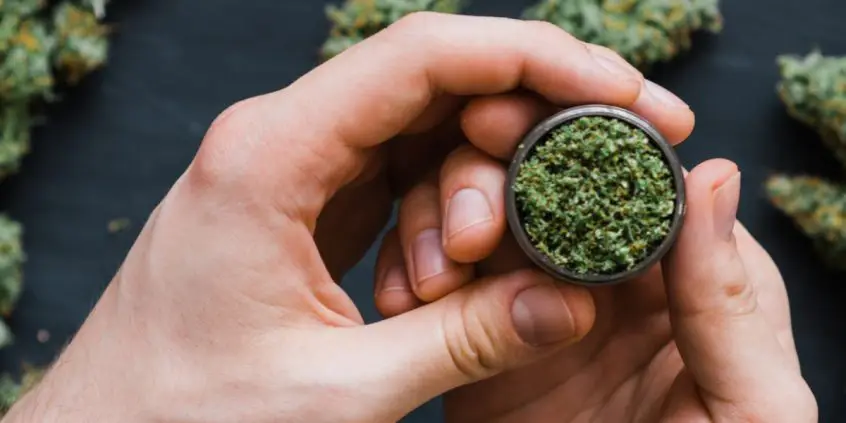“Weed to Know Campaign” for Expecting Mothers

A public health campaign in the state of Washington encourages women who are pregnant to be cautious regarding the potential use of marijuana. The substance is legal in the state for people over the age of 21, introducing a slate of new health concerns. Many state experts believe that insufficient research has been conducted to measure how marijuana may affect a fetus. The campaign focuses on the potential of marijuana use negatively impacting a fetus in utero.
“Weed to Know” is Spokane’s public health campaign providing education and information about the laws and deterring underage use. “Weed to Know for Baby and You” communicates with women who are expecting or have recently given birth. Messaging is provided for:
- Pregnancy and Marijuana: which suggests that a mother’s use negatively impacts a fetus’s body and brain development.
- Breastfeeding and Marijuana: which reminds mothers that tetrahydrocannabinol (THC) passes into breast milk and is stored in fat and blood, so it is ingested by babies.
- Parenting and Marijuana: which reminds mothers that infant care requires close attention, which can be impaired by weed.
The campaign in Washington derives its information largely from The Centers for Disease Control and Prevention (CDC). The CDC discourages women from using marijuana during pregnancy because it can harm a baby’s development. Potential development issues include low birth weight, smoke inhalation and attention issues.
There are several studies that have been conducted on maternal marijuana use. As officials in Washington recognize, far more research needs to be conducted to conclusively determine the effects of marijuana on a fetus. Now that marijuana use is legal in some states, more of these studies may be conducted. Ethical dilemmas and some logistical considerations play a factor in these studies being funded and performed.
Studies on Marijuana Use Pregnant Women
What we know so far is that marijuana may have adverse outcomes on pregnancy. The American Academy of Pediatrics (AAP) states that marijuana is one of the most frequently consumed substances in the United States for pregnant women. Research conducted by the AAP found that cannabinoids can affect the placenta and placental barrier, which presents a risk to the fetus. THC has been shown to pass through the placenta to the fetus. Researchers published in the American Journal of Obstetrics and Gynecology found an association between stillbirths and women smoking pot while pregnant.
A study published in a prominent neurology journal explains that prenatal exposure to drugs is increasing and can have the following negative impacts on a baby’s health:
- Lower bodyweight and foot length
- Decreased dopamine activity
- Decreased opioid and endorphin activity
- Changes in physical responses to stimuli, including lowered sensitivity to light
- Tremors
- Lower body length
- For some, lowered sleep
- For some, lower memory and verbal skills
Multiple research bodies are investing in studies about the use of marijuana in pregnant women. The University of Washington’s Department of Radiology has recently invited participants to a study where they intend to use MRIs to scan fetal brains at different stages. The goal is to build a database of scans that can be used to study normal and abnormal development.
It is important to remember that marijuana is an addictive substance with psychoactive properties. If you or someone you know someone is struggling with a substance use disorder, The Recovery Village Ridgefield can help. Call to speak to an admissions representative today to learn about our evidence-based treatment programs.
Sources
View Sources
Centers for Disease Control and Prevention. “What You Need to Know About Marijuana Use and Pregnancy.” Last reviewed March 16, 2018. Accessed September 27, 2019.
Metz, Torri D. et al. “Maternal marijuana use, adverse pregnancy outcomes, and neonatal morbidity.” American Journal of Obstetrics and Gynecology, October 2017. Accessed September 27, 2019.
Ryan, Sheryl A. et al. “Marijuana Use During Pregnancy and Breastfeeding: Implications for Neonatal and Childhood Outcomes.” American Academy of Pediatrics, August 27, 2019. Accessed September 27, 2019.
Spokane Regional Health District. “Weed to Know for Baby and You.” Accessed September 27, 2019.
Wu, Chia-Shan et al. “Lasting impacts of prenatal cannabis exposure and the role of endogenous cannabinoids in the developing brain.” Future Neurology, July 1, 2011. Accessed September 27, 2019.




